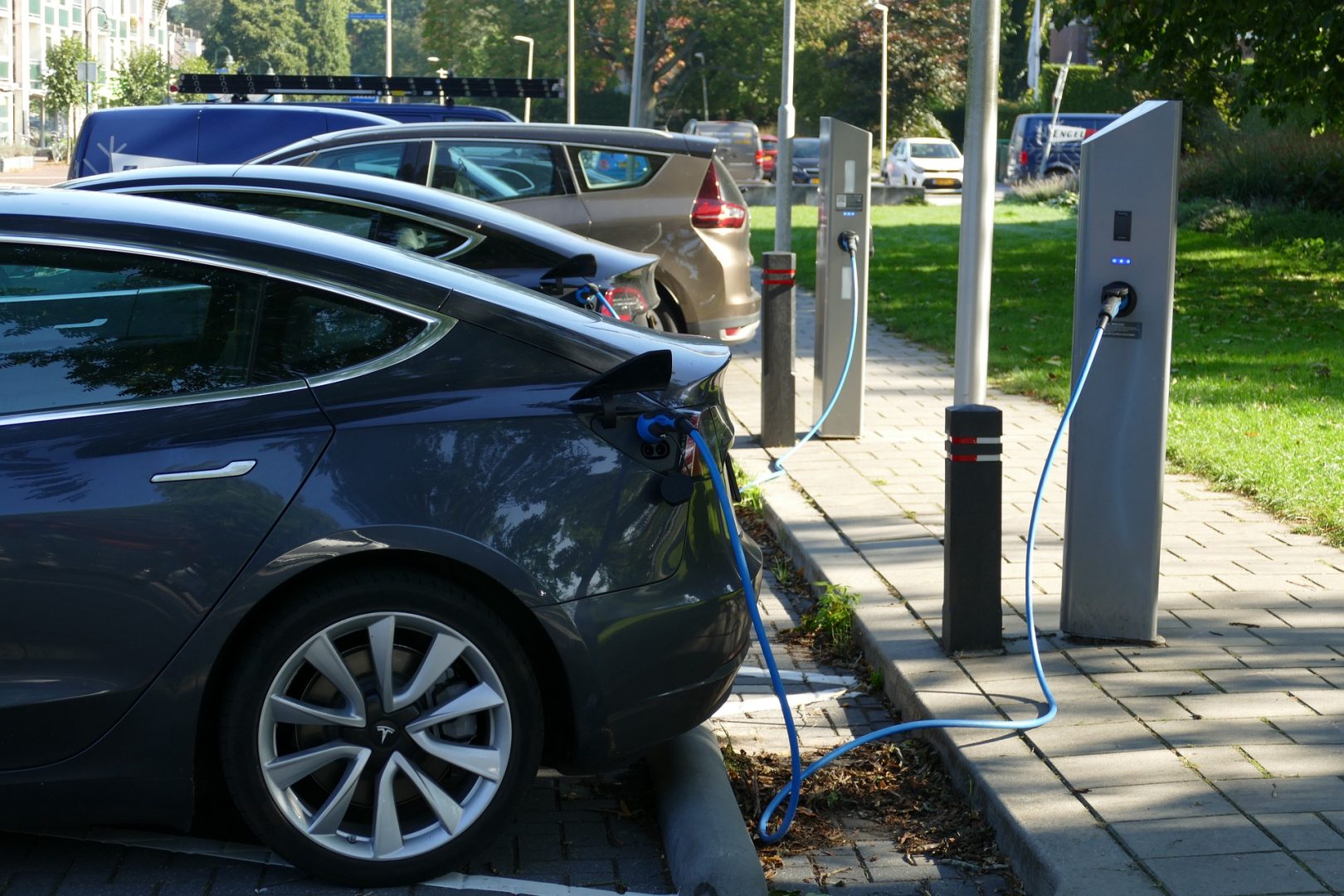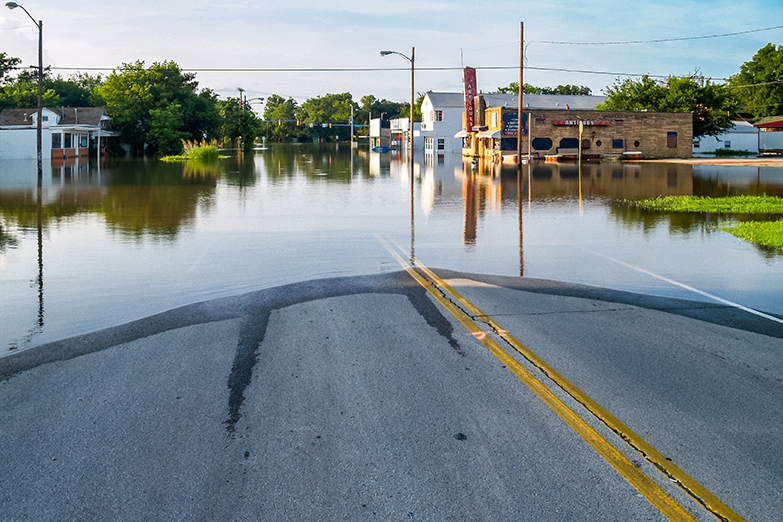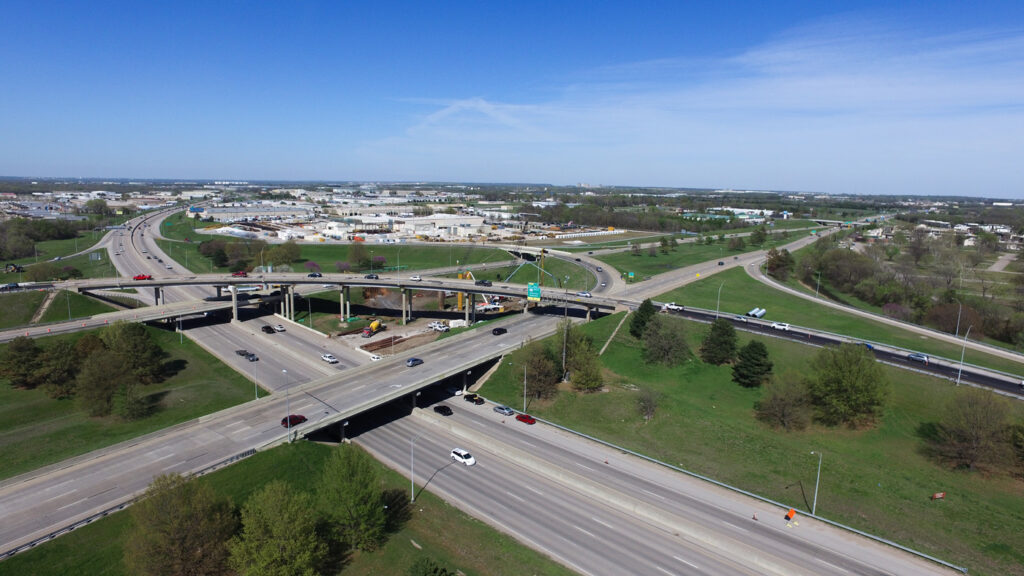By Eric Dargan, Director of Municipal Strategy, WSB
September 8th, 2025
Across the country, cities are facing growing challenges related to air and water pollution. Urban development, aging infrastructure, and climate change are intensifying the pressure on municipal systems. From stormwater runoff to vehicle emissions, the sources of pollution are varied and complex. Yet, cities have a unique opportunity to lead the way in environmental stewardship by adopting thoughtful, community-centered approaches.
1. Invest in Green Infrastructure
Green infrastructure such as rain gardens, permeable pavements, and vegetated swales can significantly reduce stormwater runoff and filter pollutants before they reach local waterways. These solutions not only improve water quality but also enhance urban aesthetics and biodiversity.
2. Promote Sustainable Transportation
Reducing reliance on fossil-fuel-powered vehicles is key to improving air quality and reducing air pollution. Cities can encourage walking, biking, and public transit through better infrastructure and incentives. Supporting the transition to electric vehicles and expanding charging networks also plays a vital role in lowering emissions.
3. Modernize Wastewater and Stormwater Systems
Outdated systems can leak contaminants into the environment. Upgrading pipes, treatment facilities, and monitoring technologies helps prevent overflows and ensures compliance with environmental regulations. Proactive maintenance and asset management are essential to long-term success.
4. Use Data to Drive Decisions
Environmental monitoring such as air and water quality sensors provides cities with the data needed to identify pollution sources and track improvements. Integrating this data into planning and operations enables smarter, more targeted interventions.
5. Engage the Community
Public education and engagement are powerful tools in pollution prevention. Cities can foster community involvement through outreach campaigns, school programs, and citizen science initiatives. When residents understand the impact of their actions, they’re more likely to support and participate in sustainability efforts.
Cities have a critical role to play in protecting the environment and public health. By embracing innovative practices and engaging their communities, they can make meaningful progress toward cleaner air and water. WSB partners with municipalities to support these efforts bringing technical expertise, strategic planning, and a collaborative spirit to help cities achieve their environmental goals.





